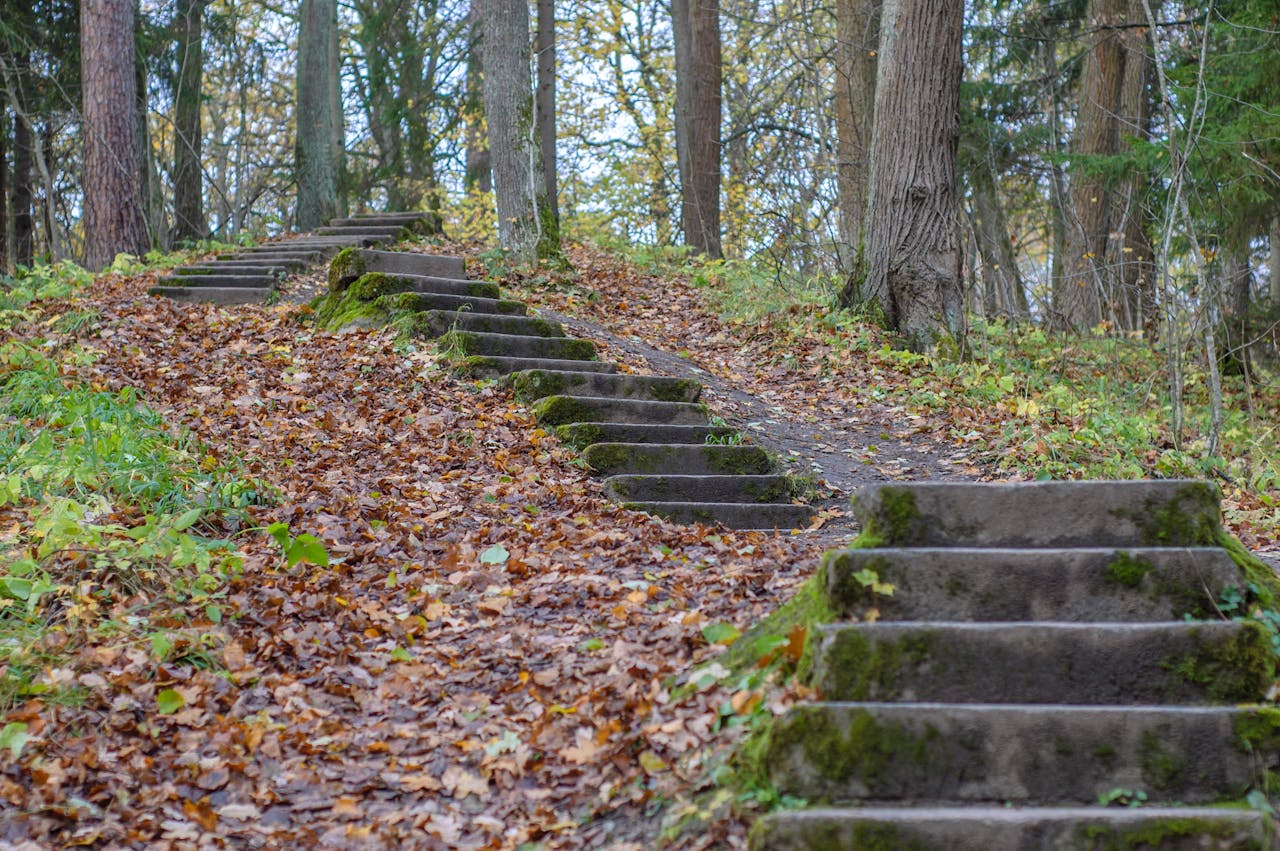Copyright © 2024 - Gearlabblog.com

We’ve all been out of breath after walking up stairs. Here’s why it happens and how to stop it from ruling your life.
If you’ve ever been surprised by how winded you get after climbing stairs, you’re not alone. This happens to everyone, regardless of fitness level. The medical term for this is “exertional intolerance.”
When you approach stairs, your body isn’t warmed up—your muscles are cold, and your heart rate is low. Climbing stairs is like doing single-leg squats mixed with cardio, which quickly spikes your heart rate. Your body suddenly needs more oxygen, making you feel winded.
Stairs also engage fast-twitch muscles used for explosive movements and muscles like your glutes, which you might not use often. Even if you’re great at endurance exercises, these don’t train the same muscles used in stair climbing.
If climbing stairs is making your life difficult, here are some tips to help:
If you think your breathlessness is unusual, it’s better to be safe and consult a doctor. Watch out for these warning signs:
If being winded affects your daily life, like avoiding short walks, or if it doesn’t improve with exercise, see a doctor or physical therapist.
Note: This article is for informational purposes only. Always consult a doctor for medical advice.
Sources: